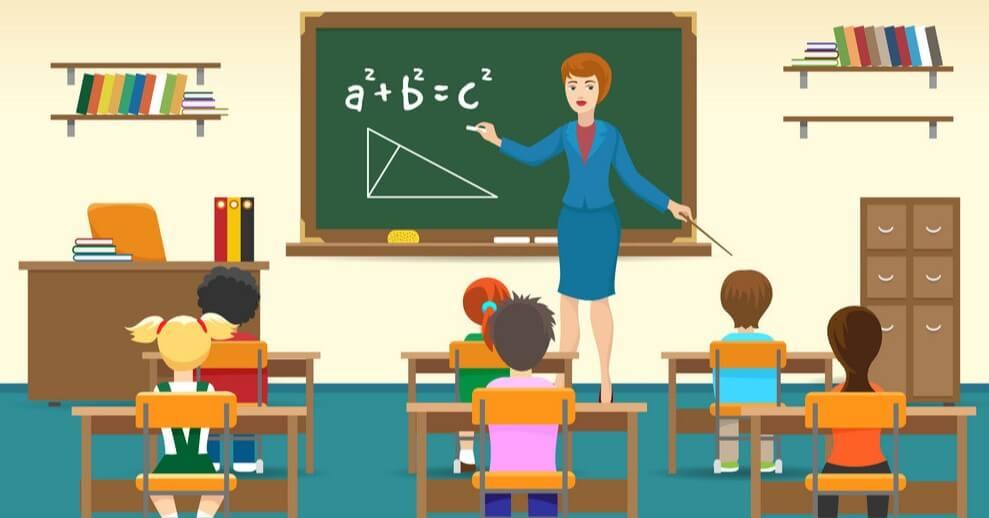3 Ways To Reduce Teacher Stress In 2020
Posted on: March 10, 2020
Teacher stress is becoming more and more apparent in the workplace; few have escaped the chastening experience of a lesson gone awry – that lesson when your students inexplicably descend into a subtle madness. Every attempt at focus and control feels like a fool’s errand, with your best-laid plans left in tatters by your hormone-fuelled students.
For a short time, the pen-smeared whiteboard dissolves away to present something like a cloud-filled, dry savannah. The hunt is on. The pack circles; the teacher-hunter betrays their lack of sureness. We are exposed. Our façade of control teeters dangerously. The breath quickens. Blood pounds against the walls of our strained blood vessels. Even momentarily, our response becomes primal. Our bodies have been primed for this very scenario: fight or flight.
Signs of stress
Teacher burnout is becoming commonplace in schools – so much so that it becomes invisible to us in our working lives. The common signs will be familiar to teachers everywhere, which include the following:
- Problems related to lack of sleep
- Excessive tiredness throughout the day
- Problems related to appetite: from excessive ‘comfort eating’ to under-eating
- Prone to being emotionally erratic
- Lacking in motivation and self-confidence
- An inability to concentrate and memory issues
- Aches and pains, headaches, diarrhoea or constipation, loss of libido, chest pain and rapid heartbeat
It is moments like these that define our professional confidence. These are moments of high pressure. How do we conquer them? How do we best prepare for them happening? How do we respond to failure when it occurs? How do we best read and manage our emotions? How do we stay resilient in these trying circumstances?
Answering this question will go a long way to developing our confidence.
There are two helpful acronyms that can help recognise it and those of our colleagues. The first is HALT, which provides a useful reminder for a sequence of checks:
- H – Check you are not too Hungry
- A – Check you are not too Angry
- L – Check you are not too Lonely
- T – Check you are not too Tired
The second useful acronym is IMSAFE, which is a quick catalogue of issues related to stress:
- I – Illness
- M – Medication
- S – Stress
- A – Alcohol
- F – Fatigue
- E – Emotion
Each of the issues above can prove subtle indicators of everyday tension, to warning signs of something more serious. We are all prone to running the gamut of emotions, but being more clearly erratic emotionally can be a signal for excessive anxiety. Similarly, becoming reliant on alcohol to manage the working day is something very different to having a glass of wine as an accompaniment to an evening meal.
|


.png) 1. Posture
1. Posture 2. Breakfast
2. Breakfast 3. Sleep
3. Sleep